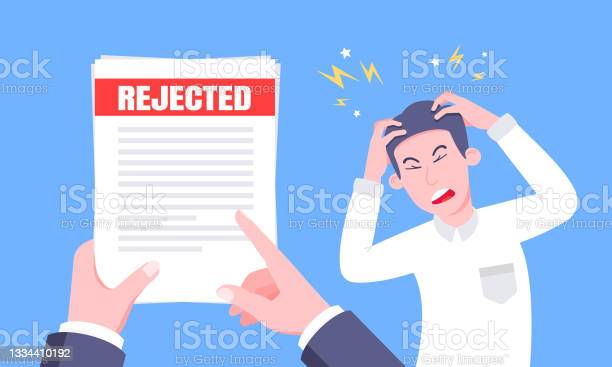
Nov 17, 2022
Prior authorization issues were regarded as one of the top reasons for claim denials and reimbursement delays. An AHA report has stated that 89% of medical practices have seen an uptick in claim denial rates over the last three years, with 51% saying that the increase has been significant. About 80% of the claims denied are either due to the fact that no prior authorization has been obtained or submitting incorrect prior authorization requests. Even though providers are taking significant measures to address prior authorization claim denials, carriers continue to increase the number of medical procedures and prescription medications that require prior authorization, leading to an uptick in claim denials.
Let us now explore some of the reasons for prior authorization claim denials due to predetermination issues
Best practices to be followed for preventing prior authorization claim denials
Prior authorization is a time consuming and tedious process that can lead to denial of claims. That is why it is a good idea to outsource this crucial task to experts in the field. Scribe4Me has a team of PA specialists who can handle all paperwork and quickly obtain prior authorization approvals from insurance carriers. Sounds interesting? Well, taking the help of a professional medical billing company can go a long way in reducing denials, maximizing reimbursements and most importantly improving patient care and satisfaction. To learn more email us at [email protected]

Please fill out this form.
We will reach out to you within 24 hours

Frank Travis

Haley Holmes

Documentation is an important daily clinical responsibility. In order to optimize patient care, physicians are always on the lookout for new ways to effectively and efficiently document patient visits.
The use of virtual medical scribes has become increasingly popular in the recent years, as medical practices across the country are on the constant lookout for ways to reduce clinical documentation overload, thereby improving overall productivity.
The clerical burden associated with EHR usage is attributed as the number one cause of physician burnout. We also know that physicians spend twice as much time on EHRs and other clerical tasks compared to the time providing patient care.